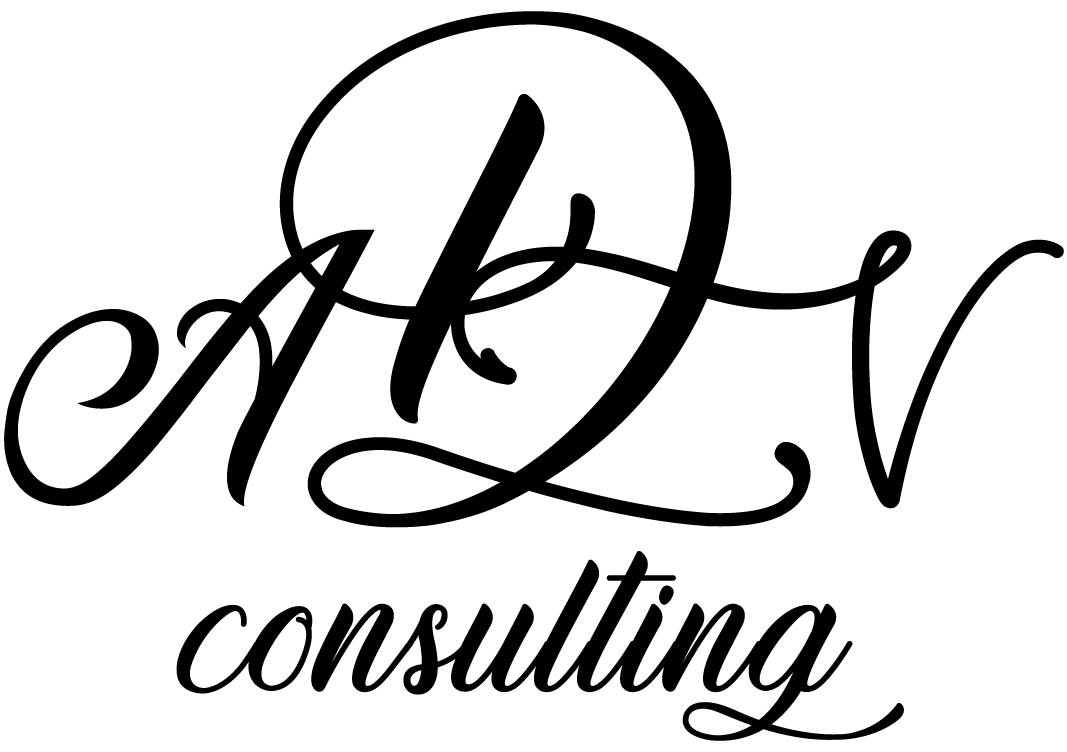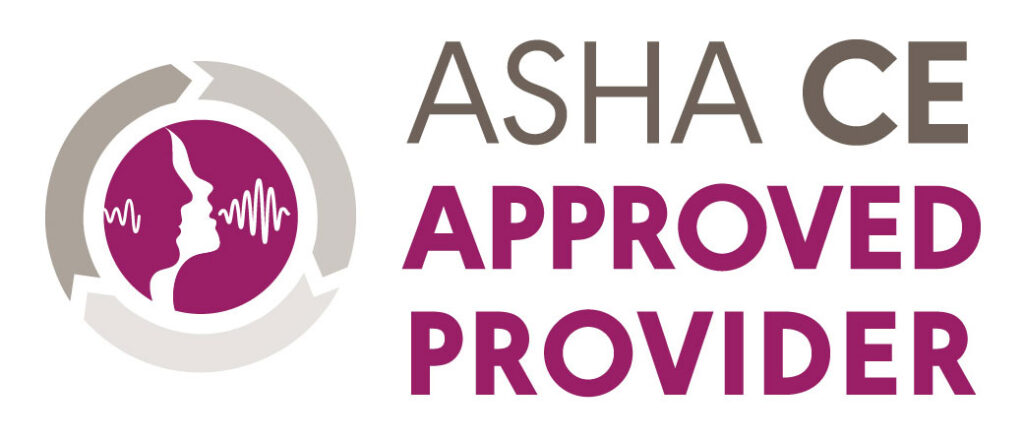
Selective Mutism in Young Adults:
An Interview with Annie DiVello, M.S., CCC-SLP
Jonathan Kohlmeier, SMA Board of Directors
A large majority of the research on selective mutism is focused on young children. However, as many of us know, SM can affect teens, young adults, and adults just as much as younger kids. The impact of SM on older individuals is arguably even more intense as the understanding of one’s isolation and impairment can grow with age. Even though our scientific understanding of SM is based on research done with children, this knowledge, combined with other evidence-based treatments for anxiety, has shown to be highly applicable for many clinicians who work with this older population.
The following edited interview with Annie DiVello, M.S., CCC-SLP, shines some light on how other treatment providers and support systems can begin to think about how to best help older individuals with selective mutism. Annie is a Speech-Language Pathologist in private practice at Annie DiVello Consulting and specializes in selective mutism. She is the SMA State Coordinator for NH, MA, and ME, and provides both trainings and individualized treatment for people with SM.
How old is your typical client and when did you start working with young adults?
I have worked with individuals with selective mutism from 30 months old all the way to 22 years old. Most of the older individuals I’ve seen have been dealing with their SM from an earlier age but only came to me much later. Things tend to be more complicated in the later years, and the SM tends to be more severe. Anxiety disorders can really be a gateway to other mental health conditions. So, I think some professionals hesitate to work with these older individuals because you need to do a lot more to get in there and figure out all the pieces to each person. A lot of these individuals have had failed experiences with at least one prior therapist as well, and not because of them not being capable, but more so because that therapist wasn’t experienced enough in this area.
If you could boil down your treatment philosophy in a few words, what would it be?
If I was going to pick three words, they would be: honor, educate, and empower. In my work I think a lot about the Complete Adult Psychotherapy Treatment Planner (Jongsma et al., 2021), which is a widely recognized resource. They highlight the 10 principles of effective treatment: self-direction, individualization, empowerment, holistic, nonlinear, strengths-based, peer support, respect, responsibility, and hope. To me that encompasses the essence of what’s necessary in terms of effective treatment for young adults.
I very much treat as a relationship-based therapist and not through a top-down approach. It’s important to spend the time getting to know who they are and really build that relationship. Only after that do we move towards psychoeducation, motivational interviewing, and co-creation of goals to achieve gradual exposure via just-right successes.
How have you adjusted your treatment to fit older individuals better?
To start, I remove all demands and pressures to communicate. I tell them that they don’t need to speak to me. Those first two hours are almost exclusively me talking, showing handouts and video clips of past clients speaking about their experience. I let them know that I don’t know what’s going on for them, but I’d like to have the opportunity to know. I try to normalize the experience of anxiety and depression because they typically don’t see that they’re not the only ones dealing with this.
I let them decide if they will feel most comfortable on-site or virtually. For the young adults who are more severe, they often prefer being on Zoom but off camera and off mic to start. They are typically on mic within a few sessions and then we work towards being on camera. While still off mic and camera, they are almost always able to write their responses to my motivational interviewing in the chat box. This is the beginning of the relationship building that will serve as the vital foundation for the treatment process.
I use a strengths-based “join then expand” methodology based on shaping through very low-pressure tasks, with a focus on shared attention and engagement. You start at the level that is appropriate for the young adult and from there you shape towards verbal behavior. I don’t find the process of shaping with young adults to be very different than when I am working with younger children. What is different though, is the way in which the therapeutic targets are presented, the materials you use, and the psychoeducation that you incorporate.
With motivational interviewing I get a lot of information about their experience, interests, likes, dislikes, and needs. It really helps to get a sense of what it is that they’re wanting. Maybe sometimes that’s a driver’s license. Especially here in New England, being able to order that ice coffee is really important. They build their own motivation in this way by reaching their own goals that we have co-created.
I make the analogy of a gym and a personal trainer. We don’t walk into the gym and try to lift 350 pounds right off the bat. We start with just-right successes. Maybe that’s 10 pounds to start. I even bring some physicality into it as well so we can actually feel together how different things have different weights. It shows how different things are different degrees of hard or easy, just like with these steps in treatment. I try to let them know that I see them as the expert of their experience. I say, “This is your process. You are the captain. You decide when the ship leaves the harbor.”
What are your top 3 tips for clinicians in working with older clients?
See them as powerful. See them as capable. And honor their process. A lot of clinicians that I have talked to don’t treat beyond the age of nine, and they say these individuals don’t respond to treatment in the later years. I adamantly disagree. Mental health can be taught across the entire life span. You are never too old and it is never too late. It is going to take longer to learn the skills if we’re working on this at 82 instead of age 7, but there is always a path forward.
Reference: Jongsma Jr, A. E., Peterson, L. M., & Bruce, T. J. (2021). The complete adult psychotherapy treatment planner. John Wiley & Sons.


